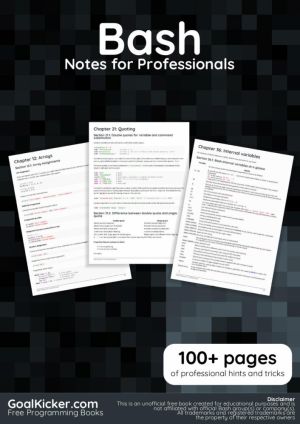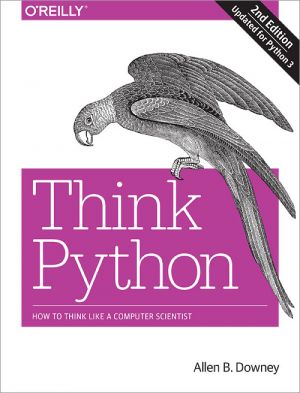
If you want to learn how to program, working with Python is an excellent way to start. This hands-on guide takes you through the language a step at a time, beginning with basic programming concepts before moving on to functions, recursion, data structures, and object-oriented design. This second edition and its supporting code have been updated for...
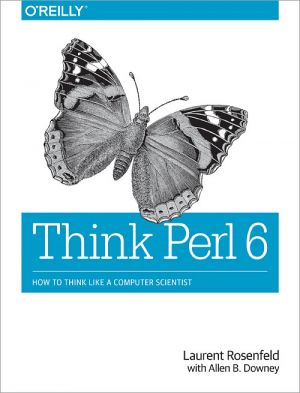
The title of this book was originally Think Perl 6, but since Perl 6 has been renamed Raku, we have also changed the title of the book.
Want to learn how to program and think like a computer scientist? This practical guide gets you started on your programming journey with the help of Raku (Perl 6), the younger sister of the popular Perl programm...
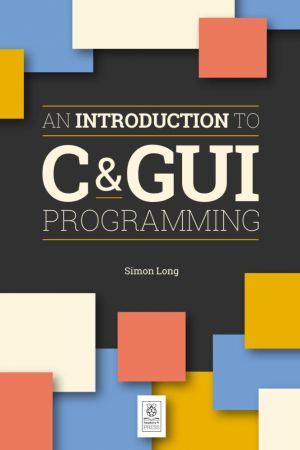
Even if you are an absolute beginner, this book will teach you all you need to know to write simple programs in C and start creating GUIs.
The first half of the book is an introduction to C, and covers the basics of writing simple command-line programs. The second half shows how to use the GTK user interface toolkit with C to create feature-rich...
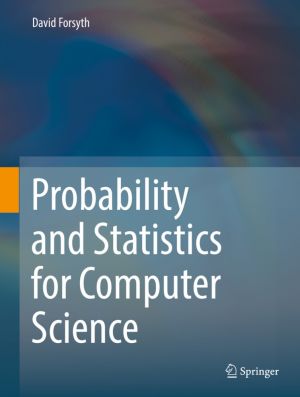
This book is aimed at computer science undergraduates late in sophomore or early in junior year, supplying a comprehensive background in qualitative and quantitative data analysis, probability, random variables, and statistical methods, including machine learning.With careful treatment of topics that fill the curricular needs for the course, Probab...
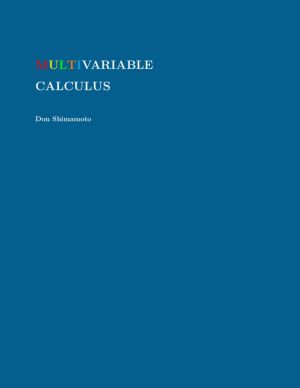
This book covers the standard material for a one-semester course in multivariable calculus. The topics include curves, differentiability and partial derivatives, multiple integrals, vector fields, line and surface integrals, and the theorems of Green, Stokes, and Gauss. Roughly speaking, the book is organized into three main parts corresponding to ...
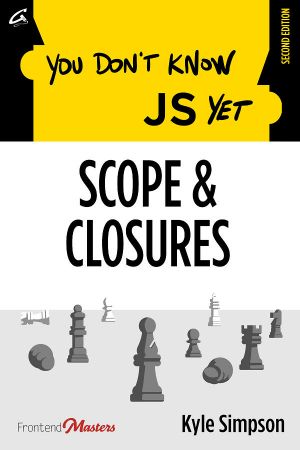
Are you looking for a better way to deeply learn the fundamentals of JavaScript? Look no further!The foundation of all programs is the organization of its variables and functions into different nested scopes. Yet, most developers haven't deeply contemplated how and why these decisions are made and the impacts on code maintainability.The worldw...
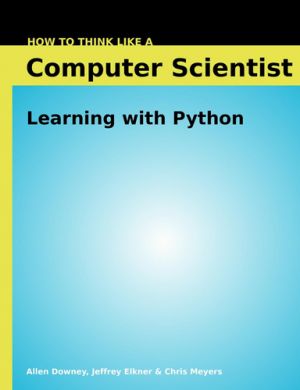
How to Think Like a Computer Scientist: Learning with Python - is an introduction to computer science using the Python programming language. It covers the basics of computer programming, including variables and values, functions, conditionals and control flow, program development and debugging. Later chapters cover basic algorithms and data structu...
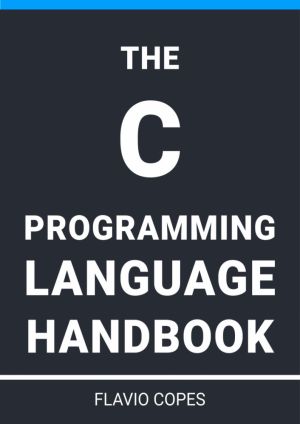
C is a general-purpose, procedural computer programming language supporting structured programming, lexical variable scope, and recursion, with a static type system.
The C Programming Language Handbook follows the 80/20 rule: learn in 20% of the time the 80% of a topic. In particular, the goal is to get you up to speed quickly with C....
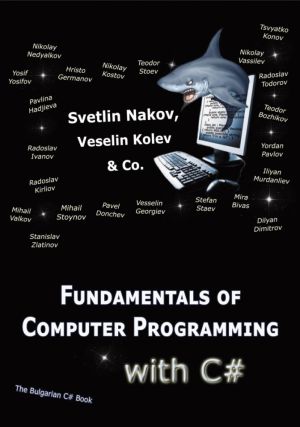
This open book aims to provide novice programmers solid foundation of basic knowledge regardless of the programming language. This book covers the fundamentals of programming that have not changed significantly over the last 10 years. Educational content was developed by an authoritative author team led by Svetlin Nakov from the Software University...
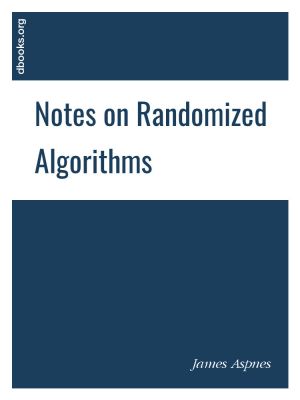
Lecture notes for the Yale Computer Science course CPSC 469/569 Randomized Algorithms. Suitable for use as a supplementary text for an introductory graduate or advanced undergraduate course on randomized algorithms. Discusses tools from probability theory, including random variables and expectations, union bound arguments, concentration bounds, app...
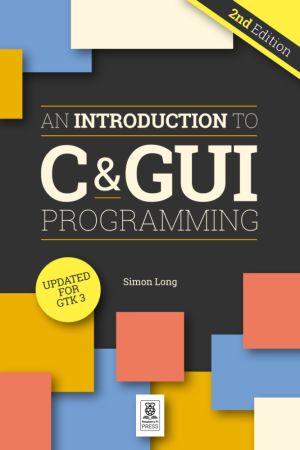
Freshly updated for GTK3, the 2nd edition of An Introduction to C & GUI Programming will teach you all you need to know to write simple programs in C and start creating GUIs, even if you're an absolute beginner.
The first half of the book is an introduction to C, and covers the basics of writing simple command-line programs. The second ...
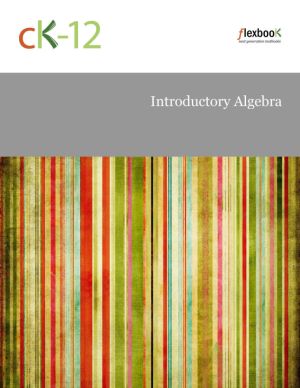
In order to represent real life situations mathematically, we often use symbols to represent unknown quantities. We call these symbols variables. Each mathematical subject requires knowledge of manipulating expressions and equations to solve for a variable. Careers such as automobile accident investigators, quality control engineers, and insurance ...
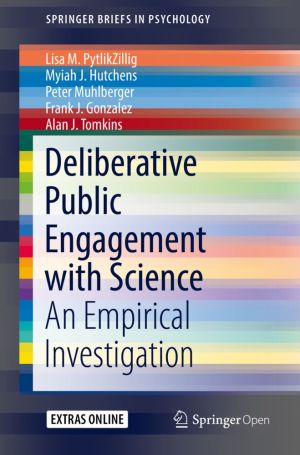
This compact open access reference delves beyond popular concepts of educated consumers and an informed public by examining the science behind deliberative engagement. Using data from four longitudinal studies, the authors assess public engagement methods in deliberative discussions of ethical, legal, and social issues concerning innovations in nan...
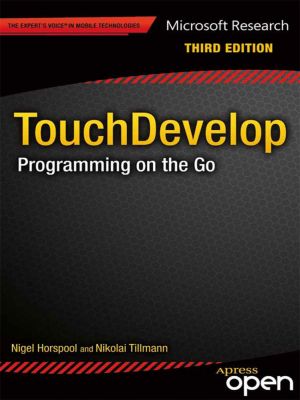
Mobile devices such as smartphones and tablets are set to become the main computers that virtually all people will own and carry with them at all times. And yet,mobile devices are not yet used for all computing tasks. A project at Microsoft Research was created to answer a simple question: "It is possible to create interesting apps directly on...

This book presents a person-centered exploration of student profiles, using variables related to motivation to do school mathematics derived from the IEA's Trends in International Mathematics and Science Study (TIMSS) data. Statistical cluster analysis is used to identify groups of students with similar motivational profiles, across grades and...

This book presents the deterministic view of quantum mechanics developed by Nobel Laureate Gerard 't Hooft.Dissatisfied with the uncomfortable gaps in the way conventional quantum mechanics meshes with the classical world, 't Hooft has revived the old hidden variable ideas, but now in a much more systematic way than usual. In this, quantu...
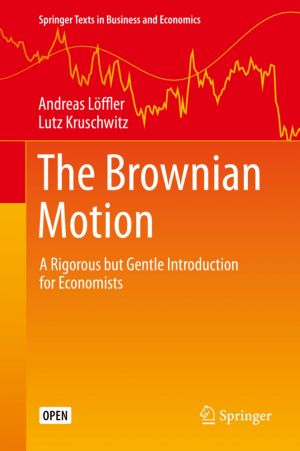
This open access textbook is the first to provide Business and Economics Ph.D. students with a precise and intuitive introduction to the formal backgrounds of modern financial theory. It explains Brownian motion, random processes, measures, and Lebesgue integrals intuitively, but without sacrificing the necessary mathematical formalism, making them...
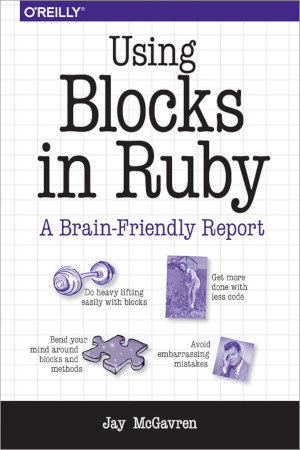
Unannounced and unmarked, blocks turn up all over Ruby programs. Their use ranges from some of Ruby's most basic structures, such as loops, to some of its most sophisticated tricks. Similar to closures or lambdas in other languages, blocks enable some of Ruby's vaunted efficiency. Blocks even allow other people to write some of the code y...
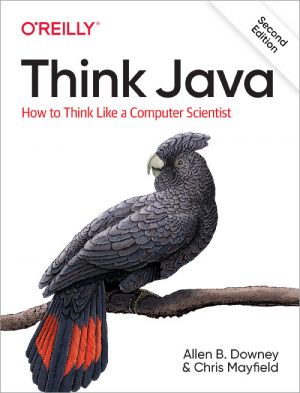
Think Java is a hands-on introduction to computer science and programming used by many universities and high schools around the world. Its conciseness, emphasis on vocabulary, and informal tone make it particularly appealing for readers with little or no experience. The book starts with the most basic programming concepts and gradually works its wa...
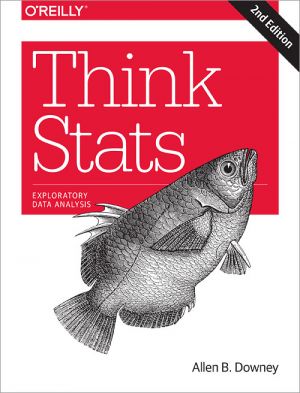
If you know how to program, you have the skills to turn data into knowledge, using tools of probability and statistics. This concise introduction shows you how to perform statistical analysis computationally, rather than mathematically, with programs written in Python.
By working with a single case study throughout this thoroughly revised book, ...
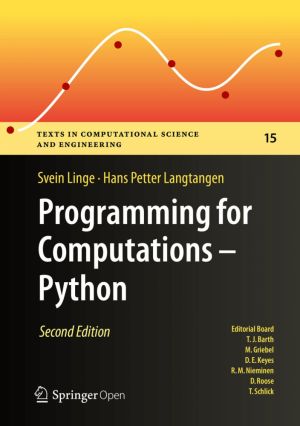
This book presents computer programming as a key method for solving mathematical problems. This second edition of the well-received book has been extensively revised: All code is now written in Python version 3.6 (no longer version 2.7). In addition, the two first chapters of the previous edition have been extended and split up into five new chapte...
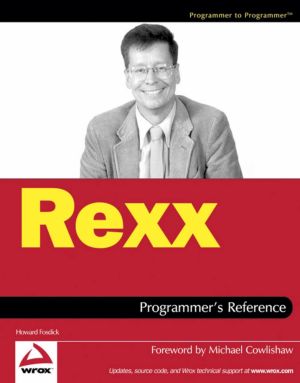
Originally developed for mainframes but highly portable across platforms-from servers to desktops to handhelds-Rexx is an easy yet powerful scripting language that's widely used for rapid application development.
Covers Rexx interpreters for specialized functions-object-oriented, mainframe, and handheld.
There are 8 different free Rexx i...
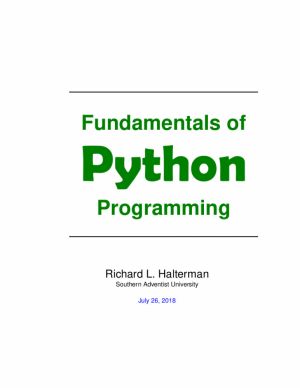
Guido van Rossum created the Python programming language in the late 1980s. In contrast to other popular languages such as C, C++ , Java, and C#, Python strives to provide a simple but powerful syntax.
Python is used for software development at companies and organizations such as Google, Yahoo, Facebook, CERN, Industrial Light and Magic, and NAS...
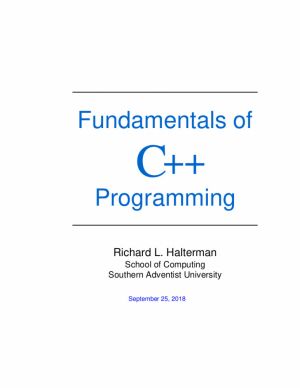
Bjarne Stroustrup of AT&T Bell Labs created C++ in the mid 1980s. C++ is an extension of the programming language C, a product of AT&T Bell Labs from the early 1970s. C was developed to write the Unix operating system, and C is widely used for systems-level software and embedded systems development.
C++ initially provided object-oriented...
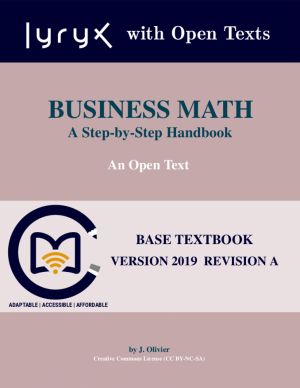
Business Mathematics was written to meet the needs of a twenty-first century student. It takes a systematic approach to helping students learn how to think and centers on a structured process termed the PUPP Model (Plan, Understand, Perform, and Present). This process is found throughout the text and in every guided example to help students develop...
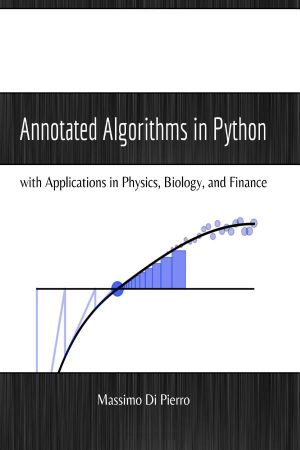
This book is assembled from lectures given by the author over a period of 10 years at the School of Computing of DePaul University. The lectures cover multiple classes, including Analysis and Design of Algorithms, Scientific Computing, Monte Carlo Simulations, and Parallel Algorithms. These lectures teach the core knowledge required by any scientis...
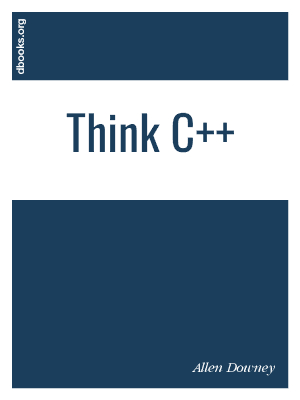
Think C++ is an introduction to programming using the C++ programming language. I originally wrote it to help students prepare for the Computer Science AP exam (when the exam was in C++)....

Read the tips and tricks recommended by some of the smartest minds in the ASP.NET community.
25 tips from the ASP.NET community for boosting performance in your web applications; Learn the secrets of your fellow developers and read advice from MVPs and other experts; Covers async/await, Web API, ORMs, interactions between your code and your data...
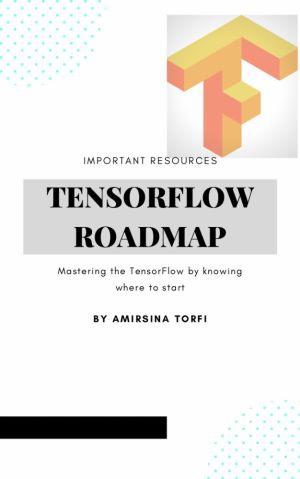
A deep learning is of great interest these days, the crucial necessity for rapid and optimized implementation of the algorithms and designing architectures is the software environment. TensorFlow is designed to facilitate this goal. The strong advantage of TensorFlow is it flexibility is designing highly modular model which also can be a disadvanta...
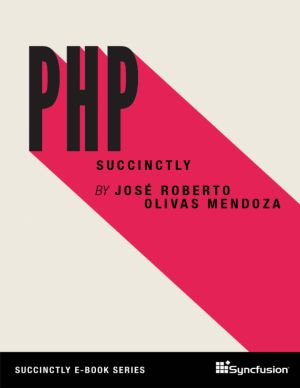
Known for its straightforward simplicity, PHP is an open source, general-purpose scripting language oriented for web development. In PHP Succinctly, author José Roberto Olivas Mendoza guides newcomers through PHP's basics, which includes deployment, programming themes such as variables, decision making, arrays, functions, and databases, and t...
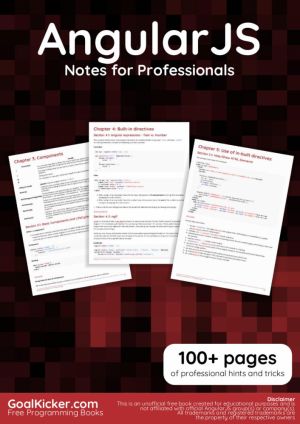
The AngularJS Notes for Professionals book is compiled from Stack Overflow Documentation, the content is written by the beautiful people at Stack Overflow....

